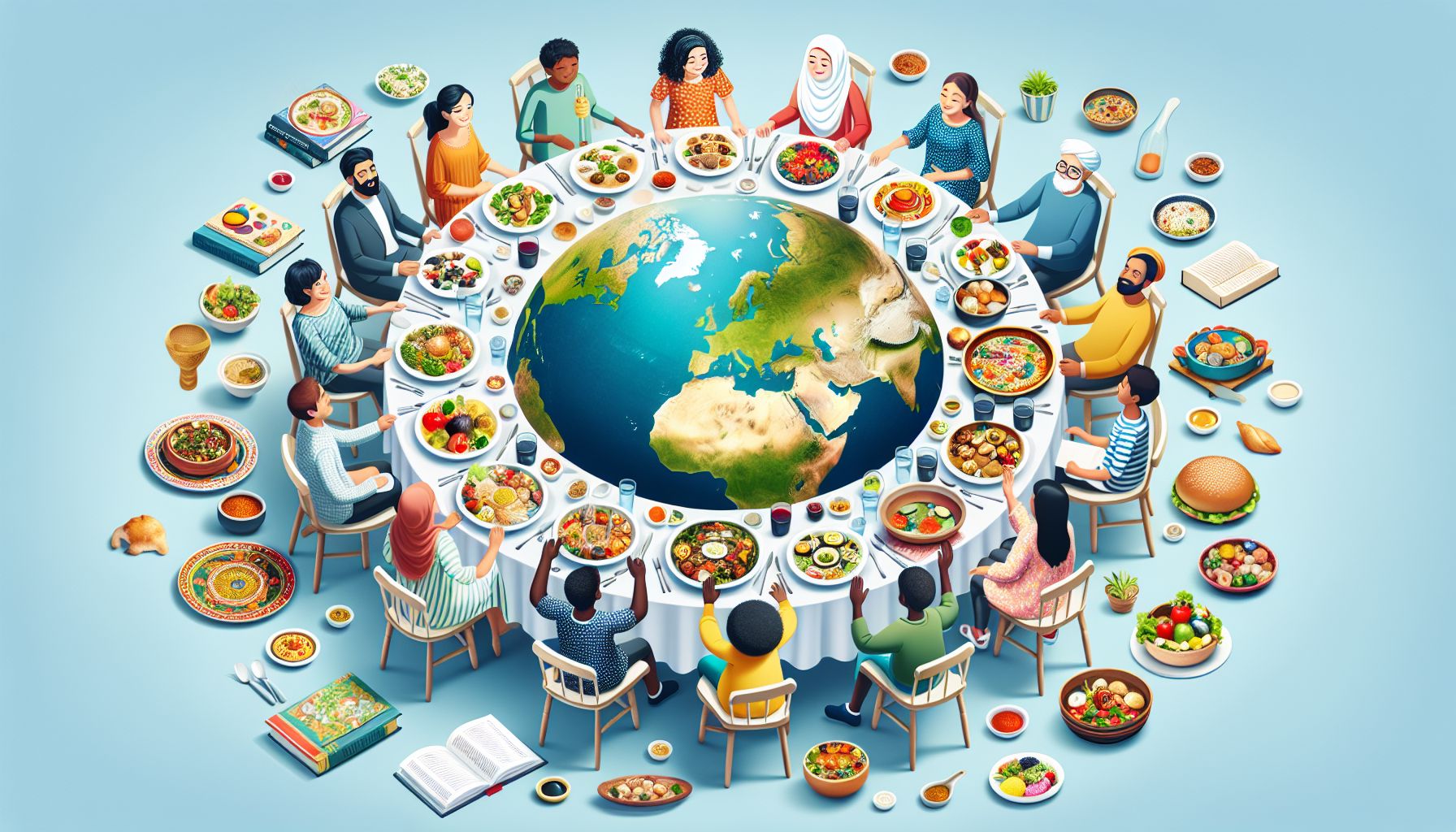Have you ever considered the true power your plate of food holds? What if your next meal could provide more than just sustenance, but also an enlightening education? This intriguing concept forms the crux of food education, the powerful tool transforming the way people perceive, interact, and understand what they eat.
 Food, while primarily associated with gastronomical satisfaction, holds the power to impact cultural perceptions, economic stability, and most importantly, our health. In this rapidly globalizing world, food education has emerged as an imperative necessity, ushering in a wider understanding of the influence our dietary choices have not just on our health, but on society and our planet.
Food, while primarily associated with gastronomical satisfaction, holds the power to impact cultural perceptions, economic stability, and most importantly, our health. In this rapidly globalizing world, food education has emerged as an imperative necessity, ushering in a wider understanding of the influence our dietary choices have not just on our health, but on society and our planet.
Over the past decade, food literacy has percolated through society, impacting various sectors from education, healthcare, economy to environmental sustainability. In developed countries like the United States and Canada, the integration of food education in school curriculums has shown promising results. Children are not only learning about the nutritional benefits of different food groups but also the nuances of sustainable agriculture, food waste, and their global impact.
The provision of this knowledge at a young age has a cascading effect, molding children into informed adults who make conscious dietary choices, thereby reducing the risk of lifestyle diseases. Additionally, a 2020 study published by Jamie Oliver’s Food Foundation attributed a significant reduction in obesity rates amongst teenagers to food literacy programs implemented in schools.
Beyond the health realm, equipping individuals with food literacy can have profound cultural ramifications. Culinary traditions serve as a vibrant tapestry, threading together generations and preserving cultural identity. Through food education, people can regain a deep understanding and appreciation for the cultural significance hidden in each ingredient, recipe, and cooking technique passed down through generations.
If we shift our focus to the economic impacts, local businesses, especially those in the food industry can leverage this growing trend. A more informed consumer base would encourage producers to shift towards ethical and sustainable practices, presenting an opportunity for businesses to meet this consumer demand, fuel local economies, and contribute positively to environmental preservation.
In conclusion, food education is more than just understanding how our dietary choices impact our health. It is a holistic approach that reinforces cultural preservation, aids economic growth, and promotes sustainability. As the world grapples with significant challenges like climate change, obesity, and cultural erasure, food education presents itself as an innovative, scalable solution to these pressing issues.
The power your plate holds is immense, and understanding this power could be the catalyst towards an informed, healthier, and culturally rich society. Therefore, the time has come for us to delve deeper into our plates and unravel the promising world of food education. Each meal is a lesson waiting to be learned. So, let’s grab our forks and start our food education journey, one bite at a time.

